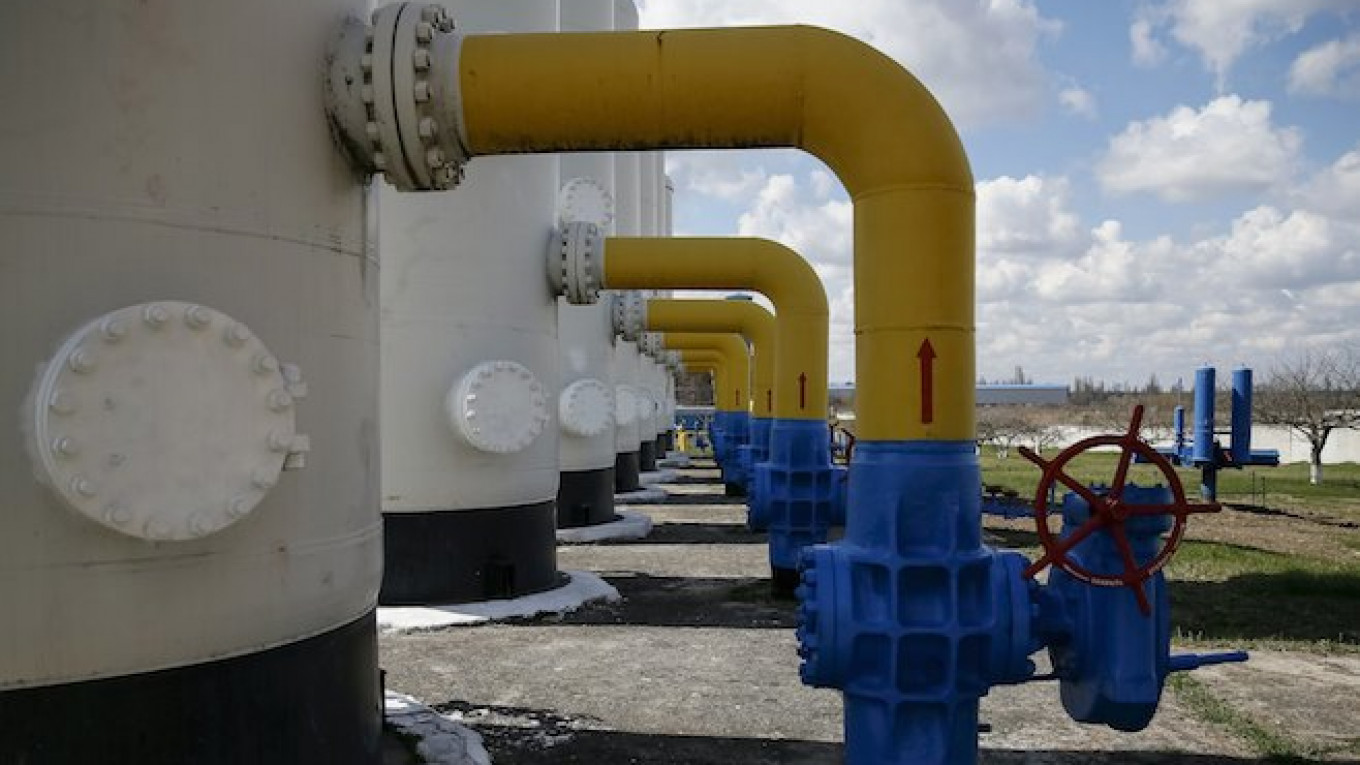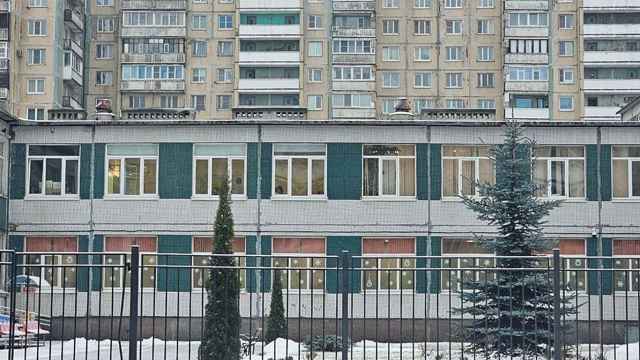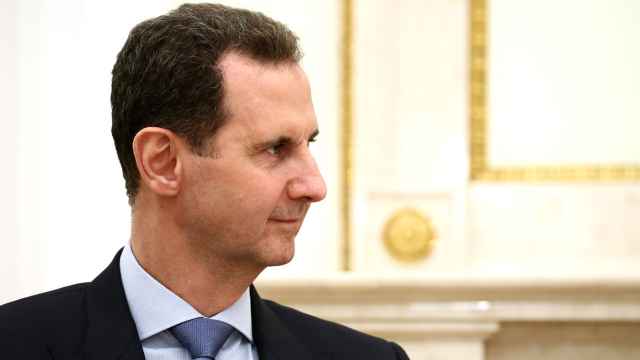Russian oil and gas condensate production, among the world's largest, remained at a post-Soviet record level of 10.71 million barrels per day in April, underpinned by a recent recovery in oil prices, Energy Ministry data has shown.
Global oil prices jumped 21 percent in April to more than $66 a barrel due to slowing drilling activity and increasing political tensions in the Middle East, having collapsed from a peak of $115 per barrel in June last year.
The price slump has significantly hurt the Russian economy, which relies on oil and natural gas for around half the federal budget revenues. Russia's GDP contracted by 3.4 percent in March year on year.
Russian production of oil and gas condensate, a type of ultra-light oil, stood at 43.830 million tons in April, the data showed Saturday.
A Russian Energy Ministry delegation will fly to Vienna next month to meet officials from the Organization of the Petroleum Exporting Countries.
So far Russia, which is not an OPEC member, has failed to persuade OPEC to cut oil output in order to prop up prices.
Last month, OPEC oil supply jumped to its highest in more than two years, boosted by record or near-record supplies from Iraq and Saudi Arabia.
Rosneft, Russia's leading oil producer, cut its oil production by 0.1 percent in April to 3.81 million barrels per day.
Total Russian oil exports via pipeline monopoly Transneft edged up by 0.7 percent to 4.4 million barrels per day, or 18.021 million tons in April.
Russia is aiming to increase its crude oil exports in the coming years and the Energy Ministry expects exports to be 3 million tons higher this year.
Natural gas output was 52.64 billion cubic meters (bcm), or 1.75 bcm per day, down from 1.78 bcm per day in March. The Energy Ministry did not publish gas output data for Gazprom, the world's top natural gas producer
A Message from The Moscow Times:
Dear readers,
We are facing unprecedented challenges. Russia's Prosecutor General's Office has designated The Moscow Times as an "undesirable" organization, criminalizing our work and putting our staff at risk of prosecution. This follows our earlier unjust labeling as a "foreign agent."
These actions are direct attempts to silence independent journalism in Russia. The authorities claim our work "discredits the decisions of the Russian leadership." We see things differently: we strive to provide accurate, unbiased reporting on Russia.
We, the journalists of The Moscow Times, refuse to be silenced. But to continue our work, we need your help.
Your support, no matter how small, makes a world of difference. If you can, please support us monthly starting from just $2. It's quick to set up, and every contribution makes a significant impact.
By supporting The Moscow Times, you're defending open, independent journalism in the face of repression. Thank you for standing with us.
Remind me later.






